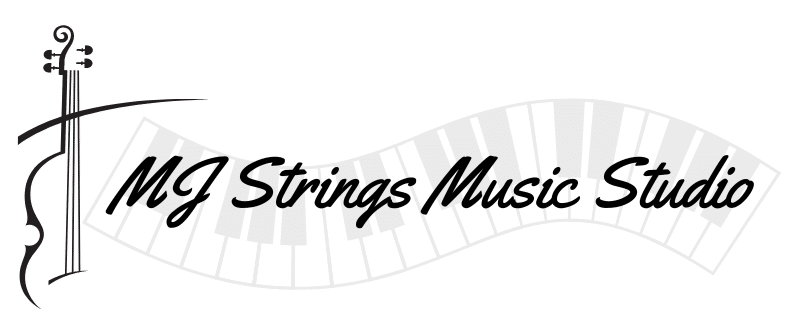Music is much more than a form of entertainment; it’s a lifelong gift that continues to provide benefits throughout your life. Whether you’re playing an instrument, singing, or just enjoying a melody, learning music can significantly impact cognitive, emotional, and social development. Here’s how music contributes to personal growth and well-being over the long term.
Cognitive Development
Learning music engages the brain in unique and powerful ways. It improves memory, attention, and problem-solving skills by requiring the integration of multiple brain functions—like auditory perception, motor skills, and visual processing. When you learn to play an instrument, your brain is constantly working to decode rhythm, melody, and harmony, strengthening neural connections and enhancing overall brain function.
-
- Studies show that musicians often have better memory and language skills. This is because music education involves understanding and memorizing complex patterns, stimulating cognitive growth.
- Cognitive benefits from learning music are not limited to young learners; they help older adults maintain brain function and may reduce the risk of cognitive decline.
Emotional Benefits
Music has a profound impact on emotional well-being. Engaging in music, whether by playing an instrument or singing, allows for deep emotional connection and self-expression. It provides a way to express feelings that might be difficult to articulate with words, acting as a therapeutic outlet for stress and anxiety. Music also fosters emotional intelligence by helping individuals recognize and understand their emotions and the emotions of others.
-
- Learning music encourages empathy, self-awareness, and emotional resilience, leading to stronger relationships and improved mental health.
- Whether it’s the joy of playing a favorite piece or the calm derived from listening to soothing melodies, music nurtures emotional balance.
Social Benefits
Learning music often involves a social component, whether it’s playing in a band, singing in a choir, or participating in group lessons. This fosters teamwork, communication, and collaboration. Music activities teach individuals how to listen actively, share ideas, and work together towards a common goal.
-
- Music creates a sense of community and shared purpose, enhancing communication skills and building trust among participants.
- These social benefits extend beyond childhood, helping to enrich personal and professional relationships throughout life.
Enhanced Creativity and Innovation
Music inherently encourages creativity. Whether composing a new melody, improvising during a performance, or interpreting a classical piece in a unique way, learning music nurtures a creative mindset that can be applied to other areas of life.
-
- Engaging in music helps develop flexibility and adaptability—skills that are valuable in all walks of life, from business to personal development.
- The creative problem-solving skills fostered by learning music can lead to innovation in various fields, from science and technology to the arts.
Cultural Awareness and Appreciation
Music is a universal language that spans cultures and time periods. Learning music allows individuals to explore and understand different cultural traditions, historical contexts, and artistic expressions.
-
- Studying music from various cultures can foster a deeper appreciation and understanding of global diversity.
- Learning about different musical styles and their origins enhances cultural knowledge and sensitivity, making individuals more open-minded and empathetic.
Long-Term Discipline and Patience
Mastering an instrument or developing musical skills requires patience and consistent effort. The discipline gained from regular practice teaches the importance of perseverance, goal-setting, and time management.
-
- Music teaches that progress takes time, effort, and dedication, building a mindset that is beneficial for achieving any goal, whether in academics, career, or personal life.
- This understanding fosters a growth mindset, where challenges are viewed as opportunities to learn and improve.
Lifelong Enjoyment and Fulfillment
Beyond cognitive, emotional, and social benefits, music provides a lifelong source of enjoyment and fulfillment. Whether you continue playing an instrument, singing, or simply appreciating music, the ability to engage with music offers joy, relaxation, and comfort throughout life.
-
- Music provides a creative outlet and a source of happiness, helping to relieve stress and providing a sense of accomplishment.
- Participating in musical activities—whether formal performances or informal gatherings with friends—creates lasting memories and meaningful connections.
Conclusion
Learning music is truly a lifelong gift. It enhances cognitive abilities, fosters emotional well-being, improves social skills, nurtures creativity, and teaches discipline—all while providing endless enjoyment and fulfillment. Whether starting as a child or picking up an instrument later in life, the benefits of learning music are far-reaching, making it a valuable pursuit at any age.
